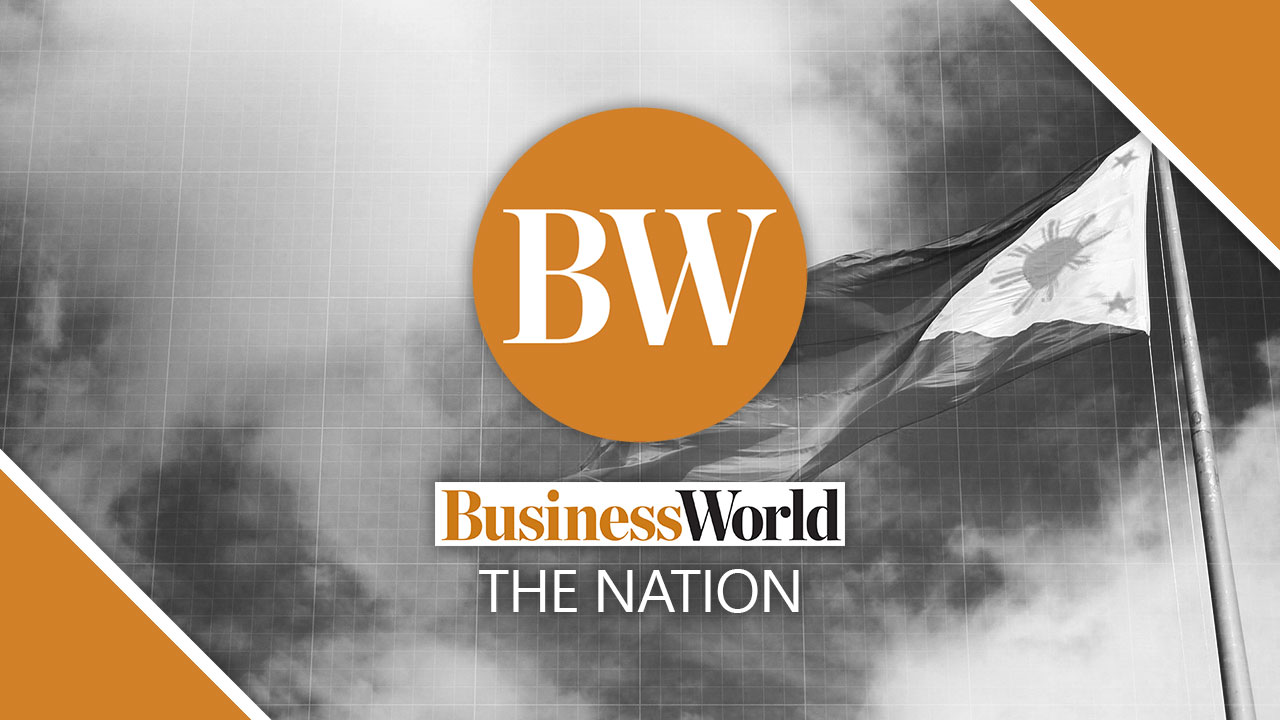
THE GOVERNMENT must allocate funds to ensure that its databases — especially for national identification and subscriber identity modules (SIM) — are secured from hacking to protect citizens’ private information, a lawmaker said on Sunday.
“The DICT (Department of Information and Communications Technology) should build unhackable systems or at the very least the best cyberdefense available so that we would not be a favorite target of hackers,” Party-list Rep. France L. Castro said in a statement. “If it cannot be done, then the government should stop collecting sensitive data from Filipinos that can be exploited by unscrupulous groups and individuals.”
Hackers behind the Sept. 22 ransomware attack on state-run Philippine Health Insurance Corp. (PhilHealth) have already released packets of personal data after the government refused to comply with their demand for $300,000 (P17 million).
“The PhilHealth hacking should serve as a wake-up call for government agencies,” Ms. Castro said. “Imagine if these hackers target the database of the SIM registration as well as that of the national ID system.”
The National Privacy Commission (NPC) did an analysis of 650 gigabytes worth of compressed files from the data claimed in the Medusa ransomware attack. “Upon extraction, these files revealed a staggering 734 GB worth of data, including personal and sensitive personal information,” the NPC said.
Cyberattacks in the country increased by 57% in 2022, according to cybersecurity firm Palo Alto networks.
Ms. Castro said the government should better decide on budget allocations for cybersecurity than confidential funds of other agencies. — Beatriz Marie D. Cruz



